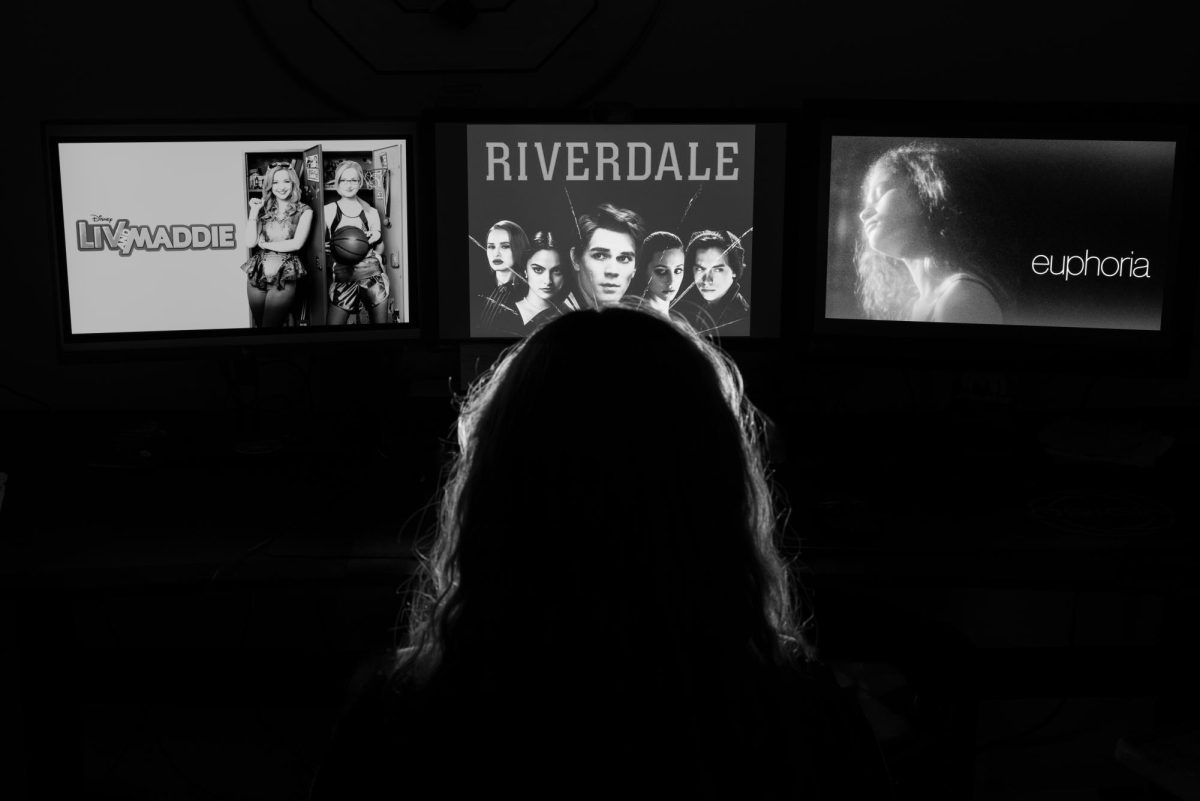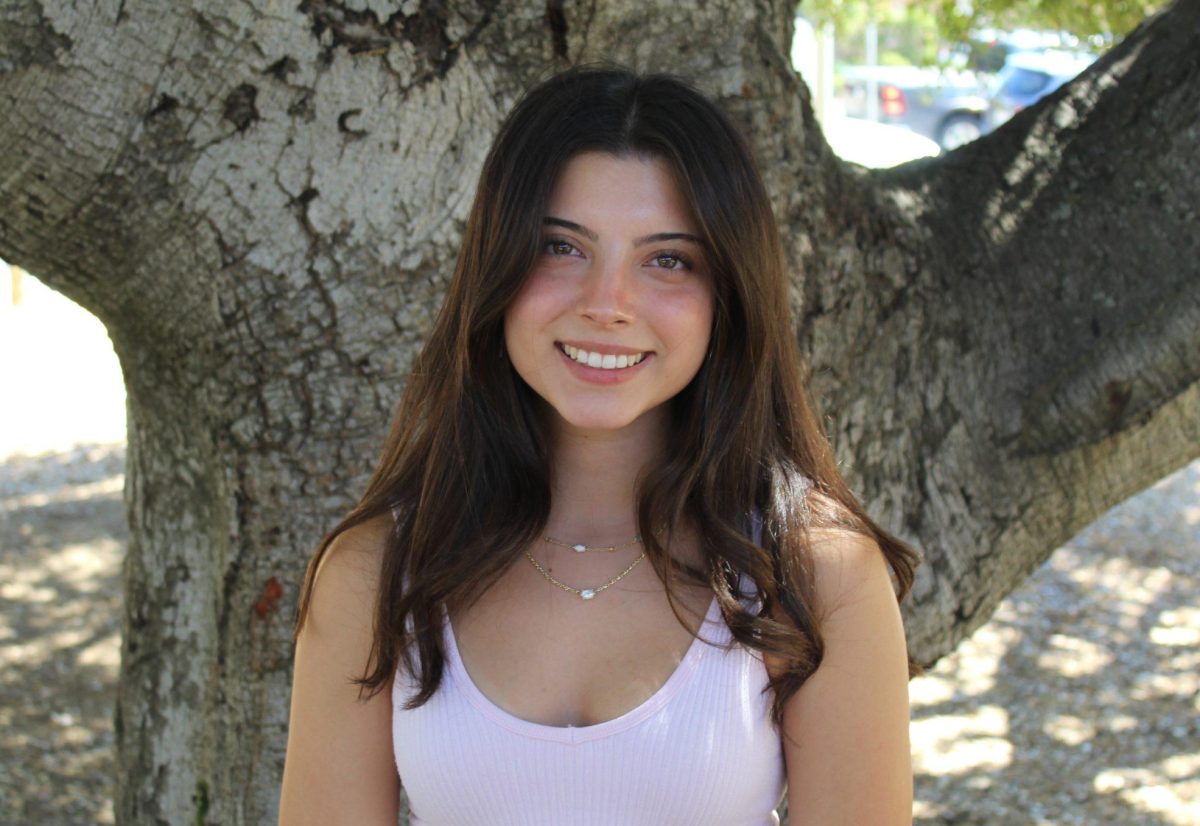Hollywood is obsessed with high school; why wouldn’t it be? Serving as a memorable, formative, and nearly universal experience, it is natural that the film and TV industry would craft dozens of shows a year focused on teenage friendship, mischief, drama, lust, and love.
Little kids looking for role models and laughs, teenagers seeking validation for their feelings, and adults looking to relive the ups and downs of adolescent life, all gather around when a new episode of their favorite teenage show is released.
The most intriguing part of all of this, at least to me, is the overwhelming range and variety of these high school depictions, leading me to wonder: what can we learn from Hollywood’s high schools?
Elementary school. I grew up like many of my peers did: watching Disney Channel. On a typical day of elementary school, I practiced my times tables to the wonderful background noise of High School Musical, “Liv and Maddie,” “Good Luck Charlie,” etc. I watched the characters interact on screen with a widened gaze: their over-the-top expressions and cookie cutter cliques captivated my young mind.
I laughed and smiled, watching and anticipating becoming a high schooler, too, one day. It looked fun, happy.
Middle school. I’m not a little kid anymore, I thought to myself, opening Netflix to watch hours of “Riverdale” (seriously, what did I see in that show?), “Alexa & Katie,” and “Glee” (again, what was middle school me thinking?).
While the stories were still acted with exaggerated exuberance and the color grading was still over-saturated, serious topics like death and mental health struggles were slowly added into the undertones of the shows I binge-watched.
High school. Finally, I get to see what all of the fuss is about, I thought to myself freshman year, as I prepared myself for the best years of my life, a notion I had adopted from the media since the age of five.
Coming into high school with such high expectations, my initial experience seemed dull, monotonous, and repetitive. I found drama exhausting rather than entertaining, making friends and keeping them wasn’t cut and dry, cliques were more stressful than shallow, and the worst part was: I felt like I was always missing out. Missing out on that unattainable, picturesque high school experience, distracting myself from recognizing the beauty of leading a normal, un-Hollywood life.
In high school, laugh tracks are a thing of the past, leaving my TV screen with dark, deep, and serious topics at the forefront of almost everything I watch.
“Edgy” and “mature” portrayals of teenage life are popular, where the characters are depressed, lustful, and intoxicated—and it is, well, intoxicating. “Euphoria” is a perfect example of this: casting adult actors and capturing adult audiences with adult themes, yet they still choose for the characters to be teenagers.
While my high school experience hasn’t been as exhilarating as those on TV shows, at a core level, there are numerous similar takeaways.
High School Musical and “Good Luck Charlie” taught me to value friendships and family and to follow my dreams and passions. When watching “Alexa & Katie,” “Glee,” and “Riverdale” (yes, even “Riverdale”) in middle school, I gained a sense of perseverance and the validation to express myself.
While we may not all have a 4 a.m. daily morning routine, many teenagers watching can relate to “Euphoria’s” Cassie’s obsession with being loved and wanted. More mature shows especially taught me to be kind to others, as you never know what they may be experiencing.
The extremely wide variety of high school portrayals allows for everyone to find something they can relate to on even the smallest of levels.
Growing up watching a wide variety of depictions of the teenage experience, although not always realistic, provides comfort, familiarity, validation, and acceptance for those who can relate on even the smallest level.






































